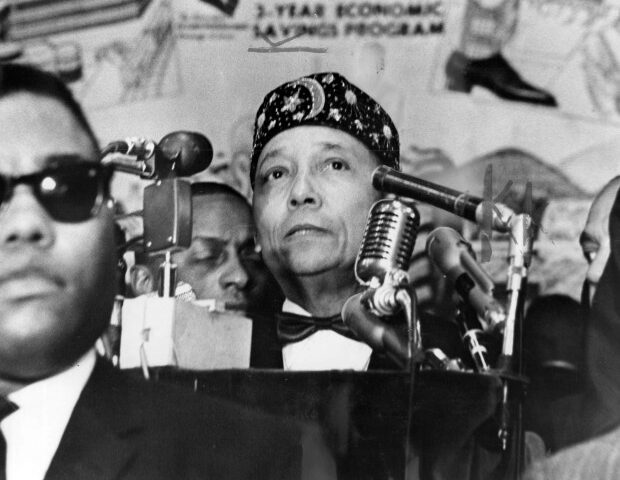Highland Police officers who’ve left the department will have to wait until the Town Council’s next meeting before they’ll be allowed to get their residency stipend retroactive to January 1, 2024.
The Town Council at its special February 17 meeting voted 4-1, with Councilman Alex Robertson, D-3, casting the lone “No” vote, to allow police officers who lived in Highland at any point during the year to receive a stipend of $200 per month for the time they resided in town. The officer would then receive the stipend at the start of the following year, regardless of where they are now.
Robertson said he voted against it because the ordinance sets the town up for a “sticky situation” and made a motion that the retroactive language be removed from the ordinance.
“I don’t want us having another employee come and say, ‘Oh, can we go retroactive further?’” Robertson said.
Robertson’s motion died for lack of a second, but in order for the ordinance change to pass, the council needed to vote unanimously to pass it. It will likely pass at the council’s February 24 meeting, where it needs only a simple majority.
Prior to the vote, Council Vice President Doug Turich, R-2, moved to approve the ordinance characterizing the stipend as a “fringe benefit,” to which Councilman Phil Scheeringa, R-5, said that he’d “done a little research” of his own.
“When? No one bounced it off me,” Clerk-Treasurer Mark Herak said.
“We got word from our attorney (John Reed) this afternoon,” Scheeringa said.
“It would be nice to include your clerk-treasurer in those discussions,” Herak said.
At a previous study session, Turich said allowing the stipend to be retroactive to “increase the Police Department’s morale.”
“If you choose to move out, whether it’s retirement or you choose another position outside of the Police Department, you should be compensated for that time,” Turich said. “The previous ordinance was adopted by the council before this one, and this is a new council, and we’re looking at it from a different lens, which is why we are looking to make adjustments.”
The Town Council is also expected to approve allowing the town’s new Fire Chief to live outside of Highland in an adjacent municipality when Interim Chief Mike Pipta steps down. The Department has so far gone through one round of interviews, and the best choices for the position are either unable or unwilling to move into town as is currently required, Highland Fire Captain Morgan Wright previously told the council.
“A lot of the fire departments in our area are moving to the full-time department style, and right now, Highland is a paid on-call department, and it becomes a challenge to have people that understand how this process works,” Wright told the council.
In Lake County, only Gary, Hammond, East Chicago and Crown Point are full-time career departments; the rest are paid-on-call or volunteer.
Council President George Georgeff, R-1, and Robertson said they would be fine with the Fire Chief living outside of town, but Georgeff — who reminded the council that he was required to live in town when he was a police officer — said that they then shouldn’t be allowed to make the $105,000 that they could if they lived in town. Robertson for his part wondered whether the chief living outside of town would increase response times.
“You’re new to the (Police and Fire) liaison position, but you’ll find as you get more comfortable, the chief doesn’t have to show up to every fire. (Highland Police) Chief Potesta doesn’t respond to every crime scene,” Turich, the Fire Department’s Operations Chief, said to Robertson. “Again, that was the mindset of the old council that the fire chief needed to respond to every call.”
Wright added that it would be “very detrimental” to the hiring process to lower the salary even if the candidates were allowed to live outside of town.
The Town Council will meet at 6:30 p.m. February 24 at Highland Town Hall.
Michelle L. Quinn is a freelance reporter for the Post-Tribune.



